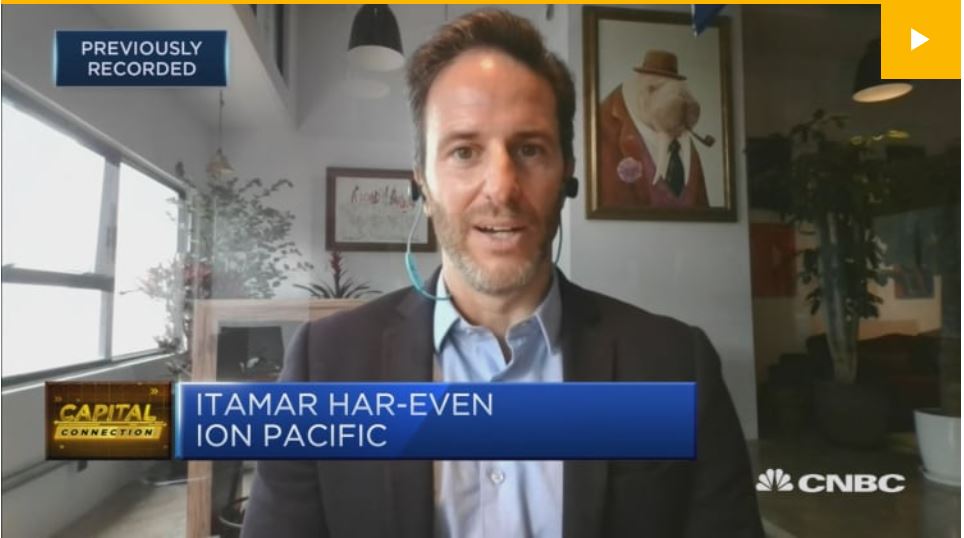Impact of Brexit on China, Asia Investments:
China, like many other bystanders watching the Brexit debate unfold, will likely have assumed when the Referendum was announced that it was a political staging post and that the UK would vote resoundingly to remain as part of the European Union.
Over recent months, however, as it has become clear that the best result will be a Remain vote won with a very small margin, and a real risk that the majority might be won by a vote to Leave Europe, significant concerns have emerged for all foreign investors, not least China. These concerns are centered around the following themes:
- Trade, and the ability (or lack of) to continue to trade with the UK as a conduit to Europe
- Uncertainty in the two year period during which the UK will negotiate itself out of the EU post-Brexit, and what that means for Chinese investors who had been looking at investment opportunities in the UK (real estate and / or corporates)
- Devaluation of the pound and a collapse in asset prices for Chinese investors who already have investments in the UK (real estate or corporates)
- Tourism
Trade:
The UK and Europe have enjoyed a fruitful relationship with China in terms of trade and have been keen to encourage that as much as possible. The UK acknowledges, however, that it would be arrogant to assume that China would continue to choose the UK as a preferred trading partner in the event that a UK exit from the European Union impacts negatively upon China’s ability to trade with the rest of Europe through the UK as a conduit.
The uncertainty over what actually happens in the event of Brexit is one of the biggest concerns for the UK’s trading partners and foreign investors. The process of extracting the UK from EU from a legal perspective will be very complex. Much of EU law is enshrined into UK law, making it very difficult to unpick; much EU legislation especially in relation to trade has been incorporated into British law, and has been tested in UK courts, therefore becoming part of case law.
Whatever happens, the uncertainty in the interim will be significant, for the UK and for its trading partners, and it will likely take many more than two years to resolve.
Uncertainty in the two year period during which the UK will negotiate itself out of the EU post- Brexit, and what that means for Chinese investors who had been looking at investment opportunities in the UK (real estate and / or corporates)
It is hard to over-estimate the potential for uncertainty post-Brexit to destabilise not just trade relations but also the appetite of Chinese investors for UK assets and businesses. We have seen a general lull in M&A activity over recent months, driven predominantly by caution about making bold moves until the result of the referendum is known.
But all is not lost; in the event of Brexit, asset prices would almost undoubtedly collapse, particularly in London real estate but most likely across the country. This would create real value investment opportunities for Chinese investors who are willing and able to take a long-term approach. The same would likely apply to UK corporates where there is genuine potential to bring a business back to China and extract synergies by rolling it out in that region, especially where the majority of the revenues for UK businesses are derived in the UK.
It is anticipated that manufacturing in particular would face significant challenges in the short to medium term as UK companies would struggle to make new investments, hire new workers or add to export capacity given the market uncertainty.
There would certainly be a knock-on effect of this in Consumer / Retail businesses, again where they are UK centric; as we have seen with high profile cases such as Austin Reed and BHS, this sector is already under considerable pressure in the UK in certain segments of the market.
Devaluation of the pound and a collapse in asset prices for Chinese investors who already have investments in the UK (real estate or corporates)
In the event of a vote for Brexit by the end of this week, the British pound is expected to devalue by as much as 20%. This would see significant economic turbulence in the UK economy not least because of the domestic economic situation; a devaluation of this magnitude would be very difficult for the Bank of England to manage given the existing low levels of interest rates.
Furthermore, the UK has a very high current account deficit, making it more dependent on foreign capital than ever before.
Whilst devaluation of the British pound would undoubtedly be detrimental for existing Chinese investors in the UK, for example in real estate, it is likely that the UK Government would work quickly to establish incentives of some kind for foreign capital to remain invested, or to attract further foreign capital.
The flip side is that the Euro is also likely to suffer a short to medium term devaluation, which would mean that potential Chinese investors and investors seeking to expand their investment over a long-term horizon could be spoilt for choice in both the UK and Europe.
Tourism:
Since the UK is not part of the Schengen agreement that enables Chinese visitors to travel freely across Europe on one visa, the impact of Brexit for Chinese visitors should be minimal, and the cost of goods both in the UK and in Europe would likely be significantly less for a period of time, which may make both the UK and Europe even more attractive as tourist destinations.
Conclusion:
Whatever the result of the Referendum this week, the question for existing and prospective Chinese investors in the UK and Europe is whether the issue ends here. In the event of a very close result, which is likely either way, the relationship between the UK and Europe is evolving in an unprecedented way at a time when Europe as a whole faces unprecedented challenges.
Whatever happens, both the UK and Europe will continue to seek partners from China in the form of trade and M&A in order to drive their respective or collective economies forward in the face of challenging domestic and regional headwinds.
This article was also published as an opinion editorial in The Asset as “Impact of Brexit on China, Asia investments”, here.
















